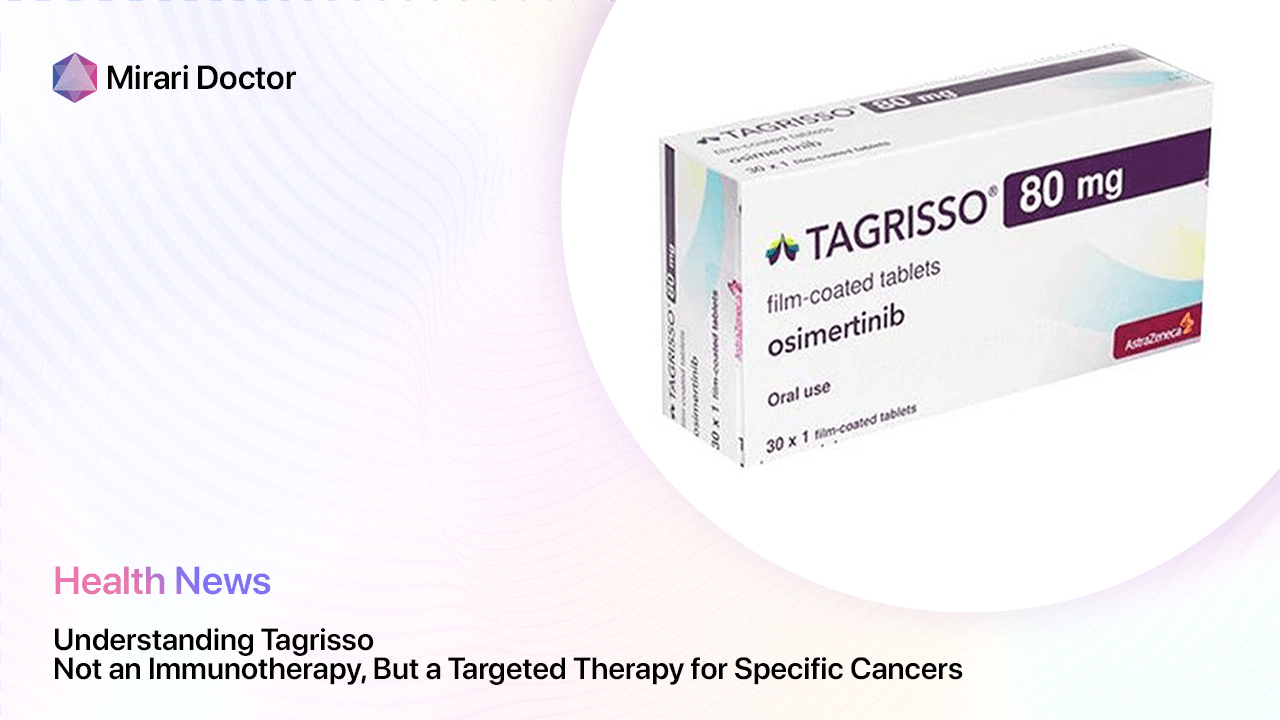
Multiple sclerosis (MS) is an autoimmune disease affecting the central nervous system. It often causes debilitating symptoms and disability over time. Research shows promise for immunotherapy to modify disease progression by targeting parts of the immune response linked to nervous system damage. This article explores different immunotherapy approaches under study for MS and what patients should consider regarding effectiveness, risks, lifestyle impacts, and more when evaluating treatment options with their doctors.
What is Immunotherapy?
Immunotherapy helps treat disease by harnessing the power of the body’s immune defenses. Major categories studied for MS include:
How Does Immunotherapy Work?
- Monoclonal antibodies: Lab-created proteins that bind to targets on harmful cells, flagging them for removal. Rituximab, ocrelizumab, and ofatumumab against B cells show benefit.
- Cytokines: Chemical messengers that coordinate immune cell responses. Interferon beta is a common MS therapy.
- T cell vaccines: Exposure to antigens found in myelin aims to induce tolerance to these normal nerve coatings attacked in MS.
Benefits and Potential Risks of Immunotherapy
Potential upsides of MS immunotherapies include fewer relapses, delayed disability progression, improved quality of life, and more. However, risks like infections, liver issues, reactions during infusion, and uncertainty around long-term efficacy over decades warrant consideration.
“We’ve seen substantial promise but still have much to learn,” notes Dr. Stephen Hauser, Director of UCSF’s Weill Institute for Neurosciences.
Immunotherapy for MS: Current State of Research
Robust clinical trial data demonstrates ocrelizumab, ofatumumab, siponimod, ozanimod, and other next-generation therapies meaningfully impact MS progression, especially for relapsing-remitting forms. Treating progressive MS and personalized medicine remain active focuses.
“Over the past 5-10 years, we’ve made remarkable strides in diverting the destructive potential of the immune system,” says Dr. Hauser.
However, lifelong studies tracking outcomes are still needed. Future directions like biomarker development, combining treatments, and early intervention may further expand possibilities.
Different Types of Immunotherapy Being Studied for MS
Current MS immunotherapy categories include:
- B cell-depleting therapies: Rituximab, ocrelizumab, and ofatumumab target B cells expressing CD20.
- S1P receptor modulators: Siponimod, ozanimod, ponesimod influence lymphocyte circulation and central nervous system cell interactions.
- Antigen-presenting cell vaccines: Animal models show promise stimulating regulatory T cells, but human trials are still early.
“It’s an exciting time to explore selective immune targets contributing to nervous system damage,” says Dr. Francisco Quintana, Brigham and Women’s Hospital neuroimmunologist. “This means avoiding broad suppression of immunity to infection threats.”
Is Immunotherapy Right for You?
Determining if immunotherapy fits with your MS profile involves assessing:
- Disease course: Whether relapsing-remitting, secondary progressive, primary progressive, or another form.
- Severity and symptoms: Bladder/bowel control, fatigue, pain, cognitive issues, etc. Life priorities matter.
- Previous treatment response: Weighing pros and cons of prior medications used.
- Health history: Age, pregnancy plans, other conditions, risk tolerance for side effects.
Regular conversations with your neurologist facilitate aligning lifestyle perspectives with the latest scientific evidence on immunotherapy risks and benefits.
“It’s absolutely an individualized decision path,” emphasizes Dr. Quintana.
Questions to Ask Your Doctor About Immunotherapy for MS
- How could immunotherapy improve my specific MS symptoms and progression risk?
- What are the latest promising clinical trials or newly approved immunotherapies you recommend exploring?
- What side effects or lifestyle impacts should I expect if starting this treatment?
- How will we monitor if an immunotherapy is working and when to switch approaches if needed?
- Would you describe pros vs cons of immunotherapy vs alternatives like my current therapy?
Key Takeaways
- Research continues making marked gains in deciphering MS’s autoimmune underpinnings and selective immune targets amenable to immunotherapy.
- Doctors stress managing expectations around realistic efficacy and weighing quality of life priorities.
- Ongoing dialogue with your healthcare team considers the latest evidence alongside your individual scenario when making immunotherapy decisions.
Frequently Asked Questions
What are the different types of MS?
Main categories include relapsing-remitting MS, primary progressive MS, secondary progressive MS and progressive relapsing MS based on symptom patterns over time. Doctors also look at active inflammation versus neurodegeneration.
How is MS typically diagnosed?
In addition to clinical history, doctors often use MRI scanning, spinal fluid tests, nerve signaling studies, and potential genetic testing to diagnose MS and rule out other conditions.
What are the current standard treatment options for MS?
Over a dozen disease-modifying immunotherapies now exist for relapsing MS forms, with ocrelizumab the only approved drug for primary progressive MS. Other symptom relief approaches are also important.
Are there any alternative or complementary therapies that can help manage MS?
Many find relief through physical therapy, occupational therapy, speech therapy, massage, acupuncture, meditation, counseling and more. Discussing options with your care team is wise.
What are the future prospects for immunotherapy in treating MS?
Experts are optimistic around growing precision targeting specific immune system components, biomarkers improving patient selection, combining therapies, and early, aggressive treatment to fundamentally shift long-term outcomes.
Related articles
Made in USA




















